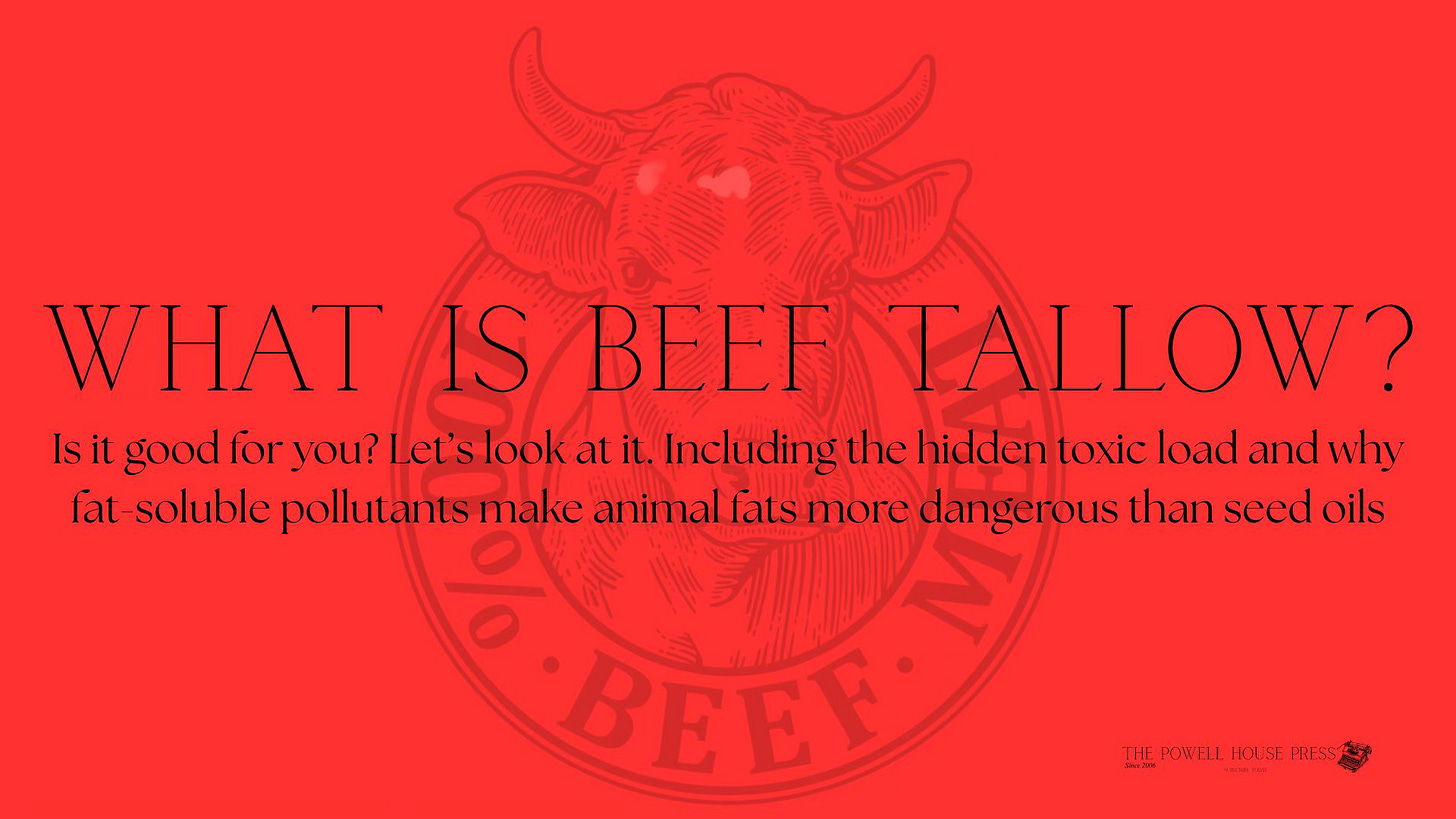Fat Chance RFK Jr.
Inside RFK Jr.’s Quixotic Crusade to Make Beef Drippings Great AgainFat Chance
There’s something absurd about watching America’s health czar — a man whose family name once meant Camelot — sitting in a Florida strip-mall burger joint, evangelizing about beef fat to fat Sean Hannity. But that’s exactly where we found Robert F. Kennedy Jr. this past March, waiting for his order at Steak ‘n Shake, discoursing on the virtues of tallow with the fervor of a man who’s discovered the Rosetta Stone of American decline.
Welcome to the wellness wars, 2025 edition, where the battle lines are drawn over which type of fat should submerge your frozen potato strips. On one side: the health establishment with its peer-reviewed studies and cardiovascular outcomes. On the other: Kennedy and his army of MAGA influencers, carnivore diet devotees, and anyone who’s decided that American fast food’s real problem is insufficient rendered cow organs.



